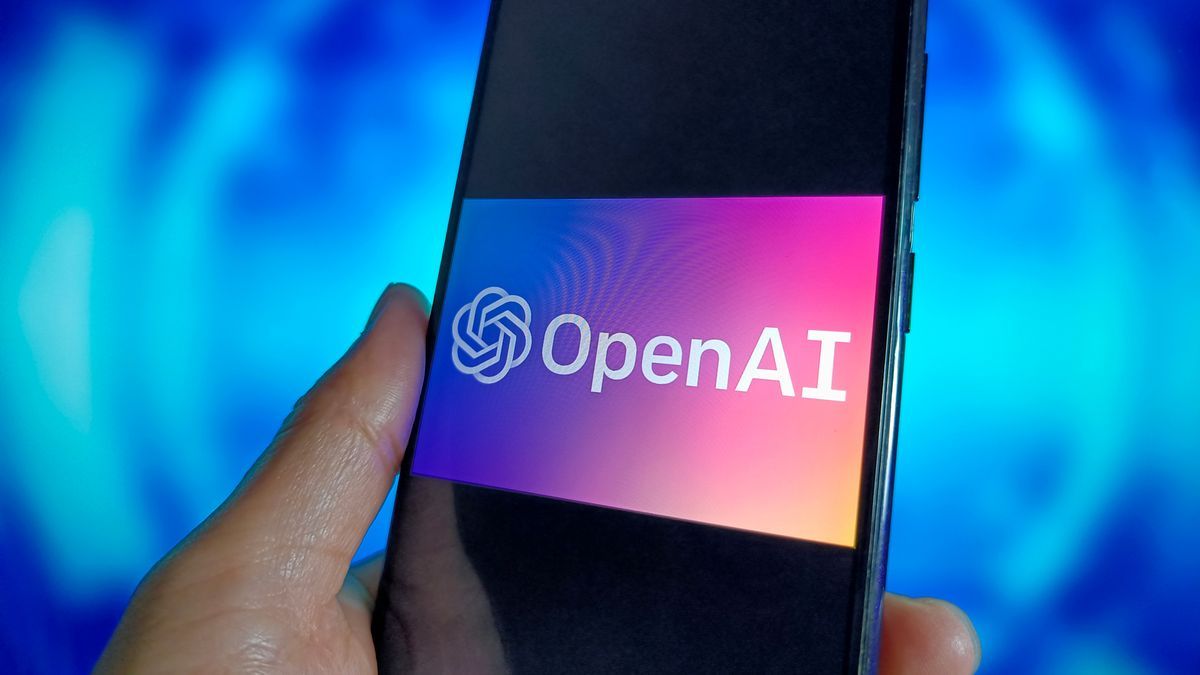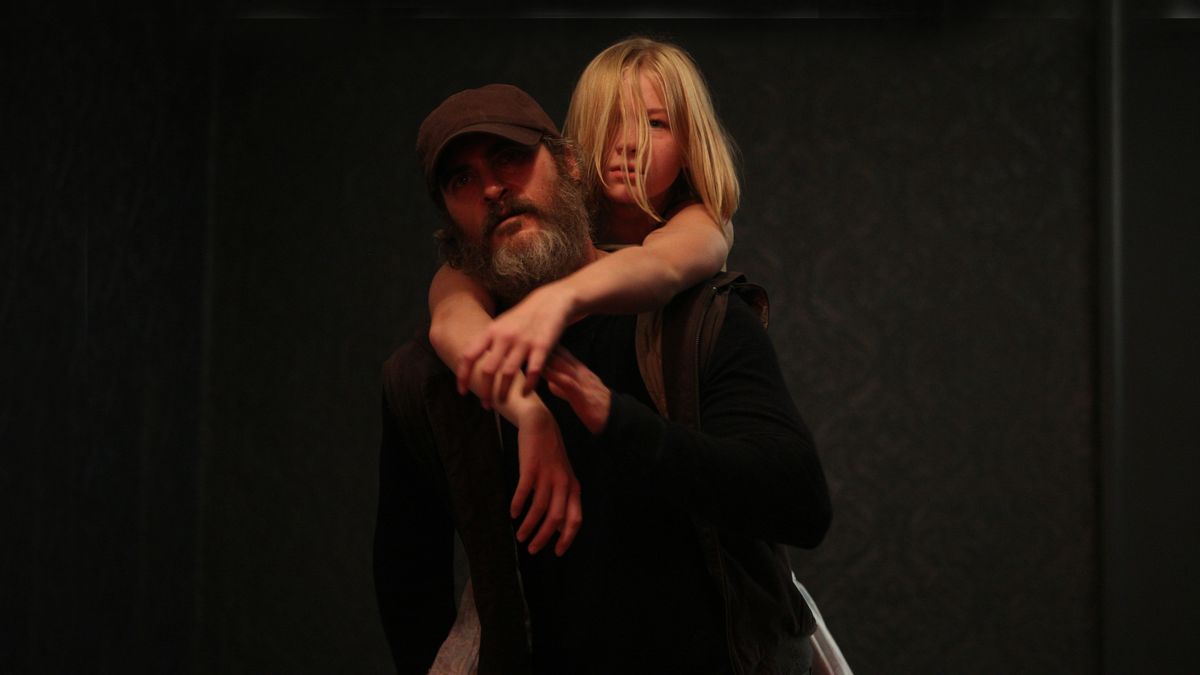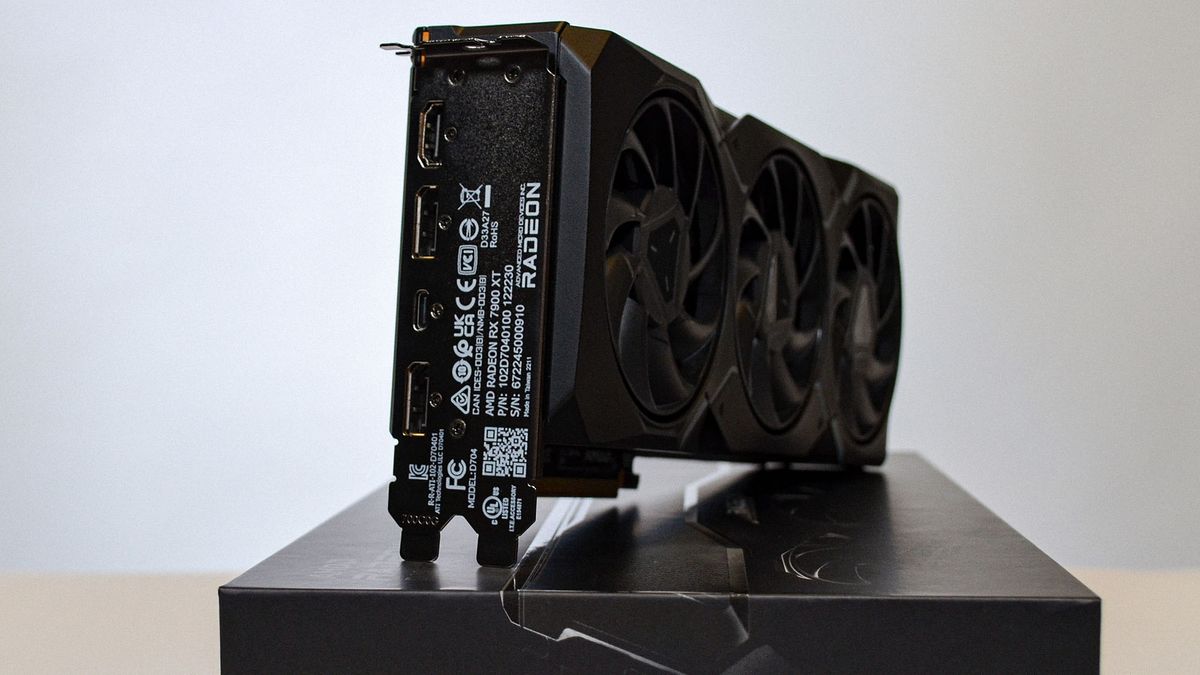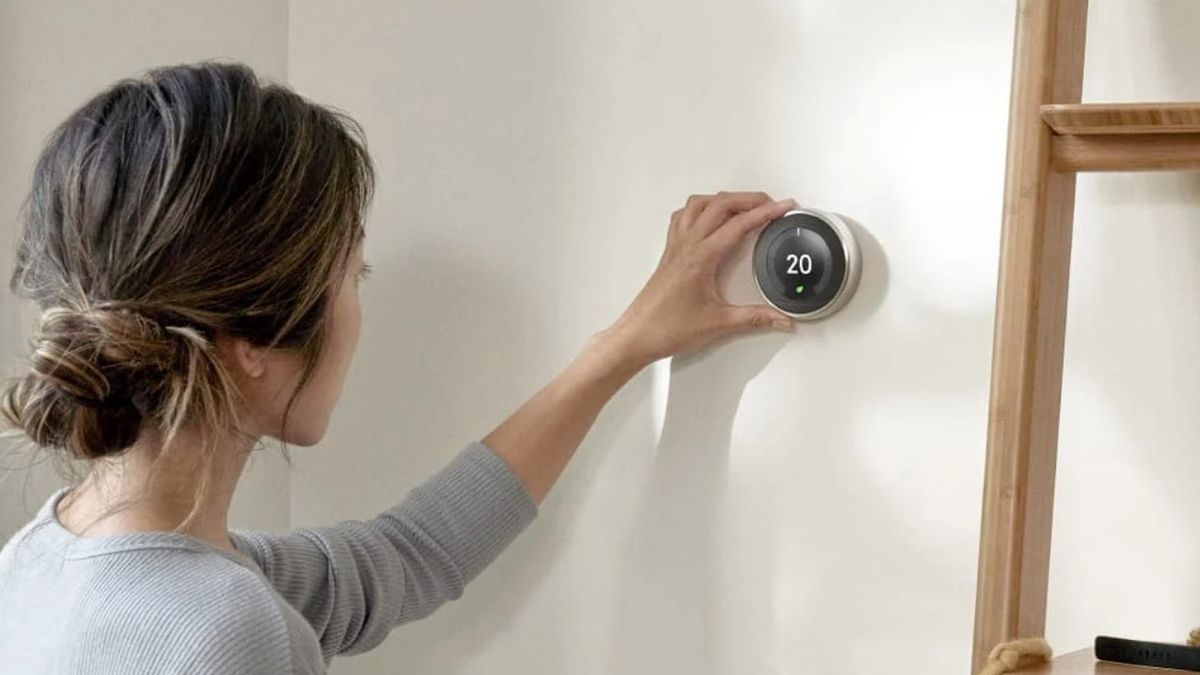The new SearchGPT feature introduced by OpenAI has had issues in its implementation, as first discovered by The Atlantic. SearchGPT is a new tool designed to combine OpenAI’s AI models with real-time web data for faster, more accurate answers. It’s not widely available, but it represents OpenAI’s vision for how AI and search will complement each other in the future.
In a pre-recorded video showing SearchGPT, the tool provided incorrect information about the dates of the Appalachian Summer Festival in Boone, North Carolina. The July 29-August 16 dates reported by SearchGPT are far from the June 29-July 27 dates on which the event actually takes place. As reported by The Atlantic And furthermore, the festival dates were confirmed in SearchGPT's response to be when the box office is closed. You can watch the full demo here.
SearchGPT continues searching
AI hallucinations and errors are perennial complaints, a universal problem that virtually every AI user has experienced. In that sense, the error is not a huge problem. However, the result in this case somewhat undermines OpenAI’s proposition for SearchGPT. According to OpenAI, reliability and transparency are central to SearchGPT, so it is surprising that a hallucination like this still occurs.
Of course, this isn’t a problem unique to OpenAI. You might remember the embarrassing blunders made when Google introduced its Bard (now Gemini) AI assistant. In that case, a live demo claimed that the James Webb Space Telescope took the first-ever photographs of a planet outside the solar system, even though they were actually taken by Europe’s Very Large Telescope. It was so bad that some people attributed the subsequent $100 billion drop in Google’s stock price to the blunder. Having the blunder in a video that OpenAI could have remade or edited differently at any time is arguably worse than a real-time misstep.
Regardless of the mistake, OpenAI isn’t likely to slow the development of AI search. The demand for accurate, fast answers to questions about things that are happening right now has already driven the integration of AI into existing search engines, including Google and Microsoft’s Bing. It’s also the impetus behind search-focused generative AI chatbots, such as You.com and Perplexity.
But if OpenAI can launch its own option, especially tied to ChatGPT, it will at least grab a significant slice of the search AI market. That relies on getting people to trust SearchGPT to provide accurate answers, of course. You can ask SearchGPT to give you the odds of that happening, but you might want to do some follow-up work yourself to confirm what it says.









